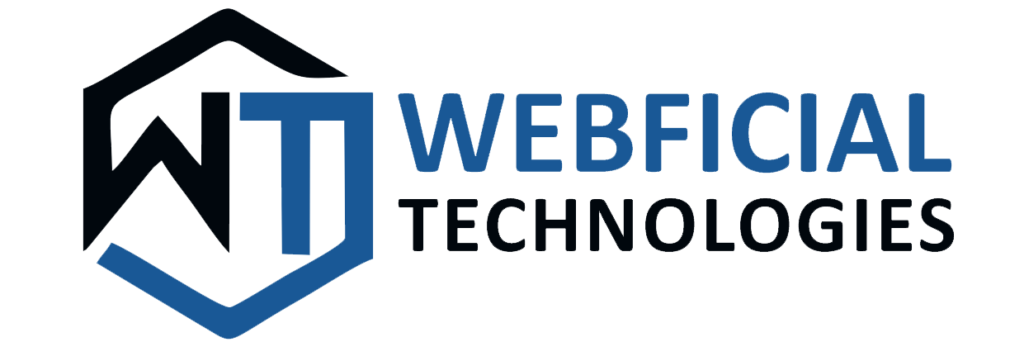In the dynamic world of e-commerce, Magento stands out as a powerful platform, driving a multitude of online stores. However, this prevalence also makes it a prime target for cyber threats. Securing your Magento store is vital, not only to protect your business but also to ensure the safety of customer data. In this comprehensive guide, we will delve into the best practices and strategies to enhance your Magento security, providing a safe and trustworthy shopping environment for all.
The Significance of Magento Security
Magento is renowned for its robustness and feature-rich capabilities, but its popularity comes with a considerable responsibility, especially concerning security. Ensuring the security of your Magento store is not just about safeguarding your investment; it’s about preserving your brand’s reputation and the trust of your customers.
A security breach can be devastating, leading to data theft, financial loss, and a tarnished image. This is why Magento security should be a top priority for every e-commerce business.

Key Areas of Focus
Boosting Magento security demands a multi-faceted approach, addressing various aspects of your online store’s architecture, access controls, and best practices. Let’s explore the key areas of focus in detail:
- Magento Updates: Regularly keeping your Magento installation up to date with the most recent security patches and updates is of paramount importance. Schedule routine reviews and updates to ensure that your store is equipped with the latest security features.
- Secure Hosting: Opt for a hosting environment that places a strong emphasis on security. A trustworthy hosting service should provide robust firewall protection, safeguards against DDoS attacks, and systems for detecting intrusions to deter potential threats. Additionally, choose a hosting plan that incorporates automatic backups and disaster recovery options.
- Access Control: Put in place rigorous access controls for both administrative and user accounts. Enforce the use of robust, distinctive passwords and activate two-factor authentication to bolster security. Regularly review and audit user access to ensure that only authorized individuals have access to sensitive areas of your store.
- Regular Backups: Regular backups guarantee swift recovery in the event of a security breach. Safeguard your backups in a secure, external location to avert data loss. It’s essential to establish automated backup processes and verify the integrity of your backups regularly.
- Secure Payment Gateways: Leverage secure payment gateways and encryption to safeguard the confidentiality of customer data during transactions. Ensure that your payment gateway complies with Payment Card Industry Data Security Standard (PCI DSS) requirements to secure financial transactions. Regularly test payment processing to identify vulnerabilities.
- Extension Security: Only use trusted and well-vetted Magento extensions and keep them up to date. Unnecessary or outdated extensions can introduce vulnerabilities. Review the extension marketplace for updates and patches, and regularly assess whether you need all installed extensions to reduce potential attack vectors.
- SSL Certificates: Implement SSL certificates to encrypt data transmission between your store and customers, providing a secure shopping experience. Ensure that SSL certificates are configured correctly, renew them promptly, and monitor for any issues related to SSL/TLS security.
- Penetration Testing: Regularly conduct penetration testing to identify vulnerabilities and rectify them before malicious actors can exploit them. Penetration testing involves simulating potential attack scenarios to discover and fix weaknesses in your system. Work with certified ethical hackers or security professionals to conduct these tests.
- Monitoring and Alerts: Set up monitoring and alert systems to swiftly detect and respond to suspicious activities. Consider using a security information and event management (SIEM) system for comprehensive monitoring. Configure alerts for unusual access patterns, login attempts, or changes in system behavior.
- Educate Your Team: Train your team on security best practices and ensure they are aware of potential threats, such as phishing and social engineering. Employees should understand the importance of following security protocols and promptly reporting any security incidents. Conduct regular security awareness training sessions and reinforce a security-conscious culture.
- Stay Informed: Stay updated about the latest security threats and trends in the e-commerce industry. Regularly follow Magento security blogs, subscribe to security mailing lists, and engage with the Magento security community. Be aware of emerging threats, new security features, and best practices to stay ahead of potential risks.
- Incident Response Plan: Have an incident response plan in place to effectively mitigate and respond to security breaches. Define roles and responsibilities within your team, establish a clear communication strategy, and ensure that you have a well-documented incident response playbook. Test your incident response plan through tabletop exercises to ensure readiness.
- Regulatory Compliance: Ensure that your Magento store complies with relevant data protection regulations, such as GDPR (General Data Protection Regulation), to protect the privacy of your customers. Stay informed about any changes in data protection laws and adjust your policies and practices accordingly.
In Conclusion
Magento is a powerful platform for e-commerce, but its strength is only as good as its security. Protecting your online store is a continuous effort that demands vigilance and dedication. By following the best practices outlined in this ultimate guide, you can fortify your Magento security and provide your customers with a safe and secure shopping experience.
In the end, the effort you invest in boosting your Magento security is an investment in the future of your business. Guarding against threats, staying proactive, and ensuring that your online store is a safe haven for customers will not only protect your reputation but also contribute to the success of your Magento development.
Security is a continuous journey, and with the right strategies, you can bolster your Magento security to ensure that your customers shop with confidence, ultimately benefiting your Magento development in the long run. Magento security is not a one-time task; it’s a commitment to safeguarding your business and ensuring a secure online experience for all.













